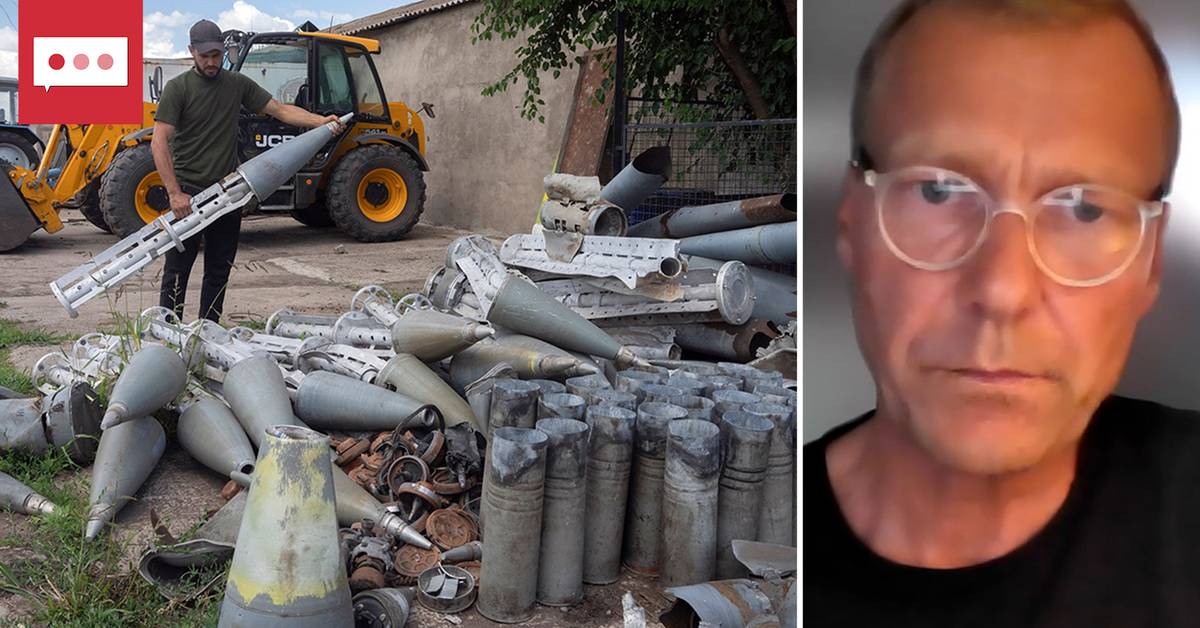In recent months, the authors behind the report have analyzed 27 Russian weapons systems seized in Ukraine.
In all, at least 450 unique foreign components were found in everything from long-range robots to anti-aircraft systems, according to Rusi.
The majority had been manufactured in the USA, but the weapons also contained parts from, among other things, Germany, the Netherlands and Great Britain - for example various microchips, sensors and cameras.
Circumvents sanctions
A technology export ban was one of the first tools Western countries used after Russia's invasion of Ukraine in February.
The very next day, both the US and the EU hammered through sanctions regarding "technology that contributes to Russia's military development".
Many of the components found are believed to have been imported before the sanctions were imposed, but documentation from Russian customs seen by Reuters shows that supplies continued to some extent, often via third parties.
Several of the affected manufacturers have started internal investigations after they became aware of the information.
Another problem is that many of the components have multiple uses, writes Reuters.
A number of parts were found in the weapons that are used in everything from cars to home electronics.
In such cases, the legislation is not as sharp, according to Anders Leissner, expert in international trade at the law firm Vinge.
- There the regulations state that larger products must be subject to export control if the smaller component is a main component and it can be easily removed.
It is something you can look at reformulating, he says.
Would like to see stricter controls
The authors of the report see stopping the influx of Western technology as crucial to stopping Russian military power.
In many cases, the country lacks domestic alternatives, according to Rusi.
- The Russian way of war is very much about reconnaissance strikes, first finding a target and then attacking with overwhelming firepower.
Almost every link in that chain is based on Western components, Rusi researcher Jack Watling told the BBC.
Hear Anders Leissner about the risk of Swedish-made products ending up in Russia in the clip above.

